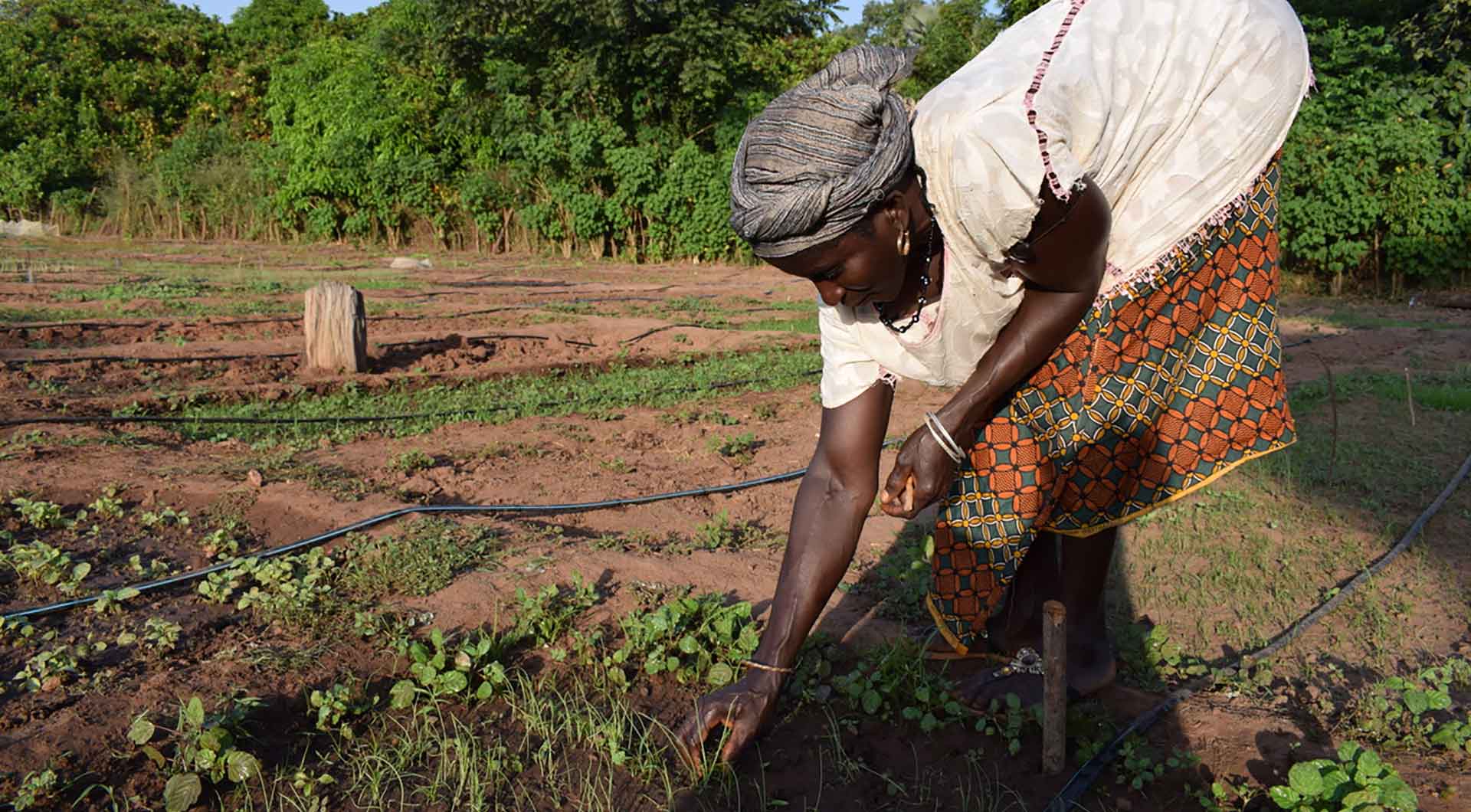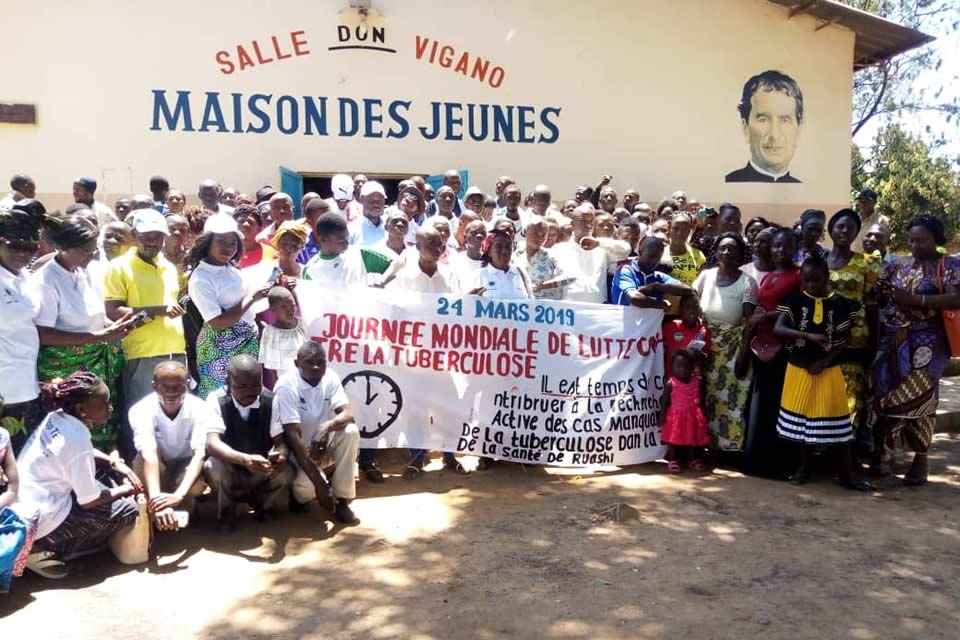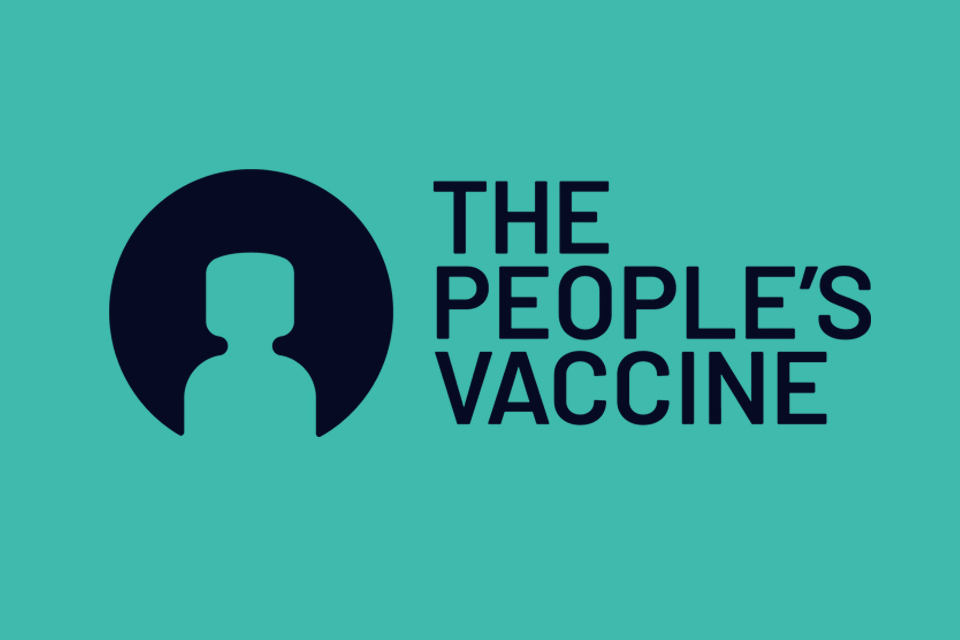
The Democratic Republic of Congo (DRC) remains in all three of WHO’s high burden lists for TB, HIV/TB, and MDR-TB. With aTB treatment coverage of only 57% and a low treatment success rate, targeted TB interventions are limited in comparison to other countries in the Southern African Development Community. Detection rates are very low at 48%.

The health zone of Ruashi is a settlement on the outskirts of Lubumbashi City, in Haut Katanga, South-Eastern DRC, covering two major mining areas – Ruashi and Chemaf – along with several small artisanal mining sites. Here, the population is exposed to high levels of silica dust, increasing the risk of lung disease, making them vulnerable to TB. Most live in makeshift, cramped and poorly ventilated shacks, increasing risks for disease transmission.
Humana People to People Congo (HPP-Congo) with funding from StopTB Partnership and the Global Fund through the Strategic Initiative to Find the Missing People with TB developed a project to stop the spread of TB among mine workers, former workers and their families in 5 out of 19 health areas in Ruashi.
The project included five participating health facilities, comprising two Diagnostic and Treatment Centers (CSDTs) – Hakika and Mamba 1 – and three Treatment Health Centers (CSTs) – Atlas, Oracle and Mamba 2. The project aimed to address the high number of unidentified TB cases existing in Ruashi, inaccessibility to CSDTs by TB patients, and lack of information about TB.
Ignorance about TB prevails in the community, causing delays in TB diagnostic. If a suspected or alleged TB case is not identified, they can contaminate an estimated 10-15 people in a year. TB patients face stigma and discrimination, which significantly curbs early diagnosis. Awareness-raising sessions identified numerous TB cases, resulting in increased referrals for TB testing.

21,739 people were reached through door-to-door visits in high TB prevalence areas. Door-to-door visits are the most efficient method of interacting and understanding people, and can identify suspected TB cases.
To protect children from TB infection in TB patients’ households, children younger than 5 years old who were at risk of contracting TB were put on Isoniazid Preventive Therapy (IPT). The project identified 56 children for IPT treatment.
To ensure treatment adherence, patients are supported through a TRIO program - a group of three people including the patient, a family member and a person nominated by the patient. They receive information and training on treatment adherence, as well as counseling.


